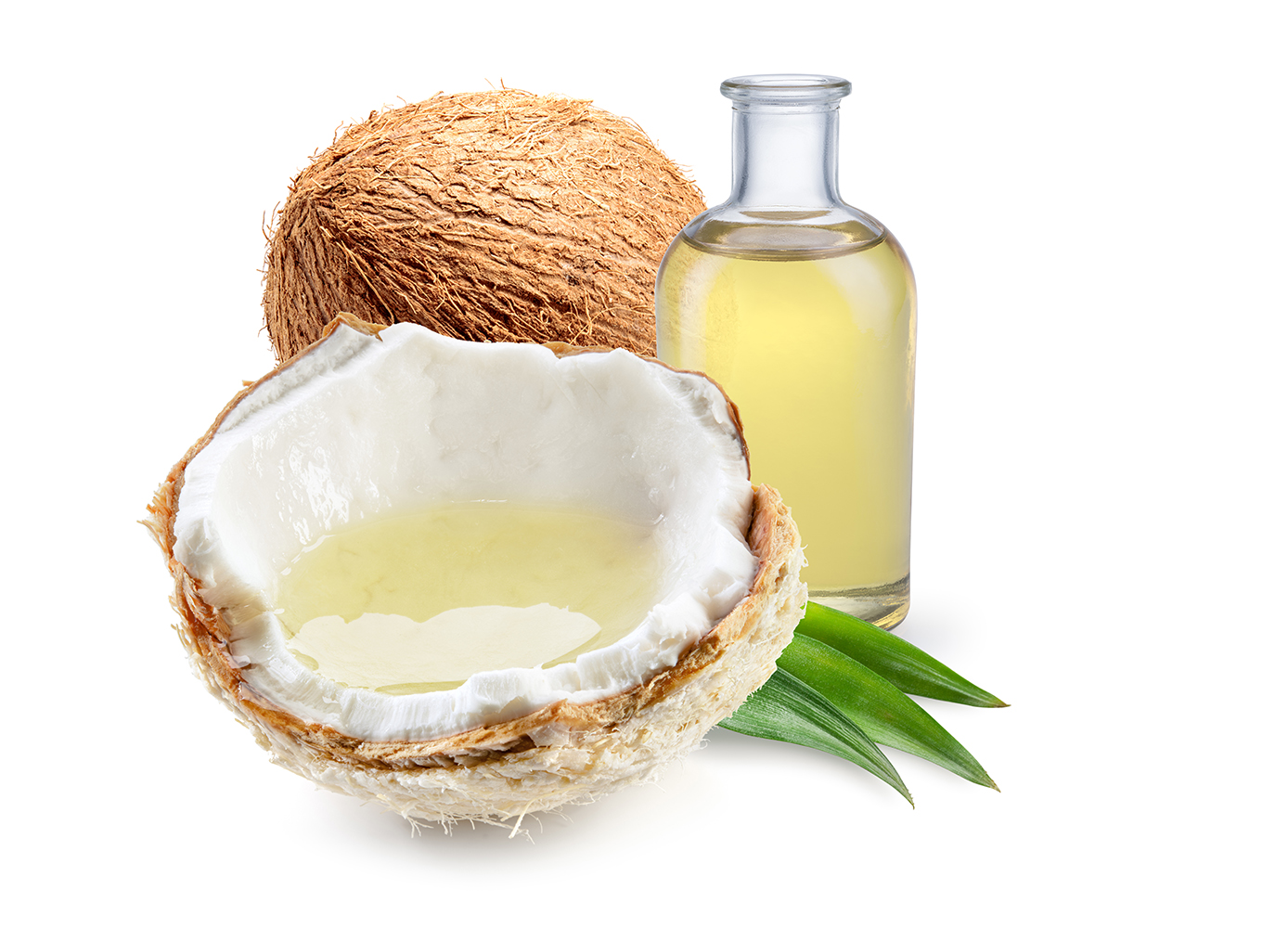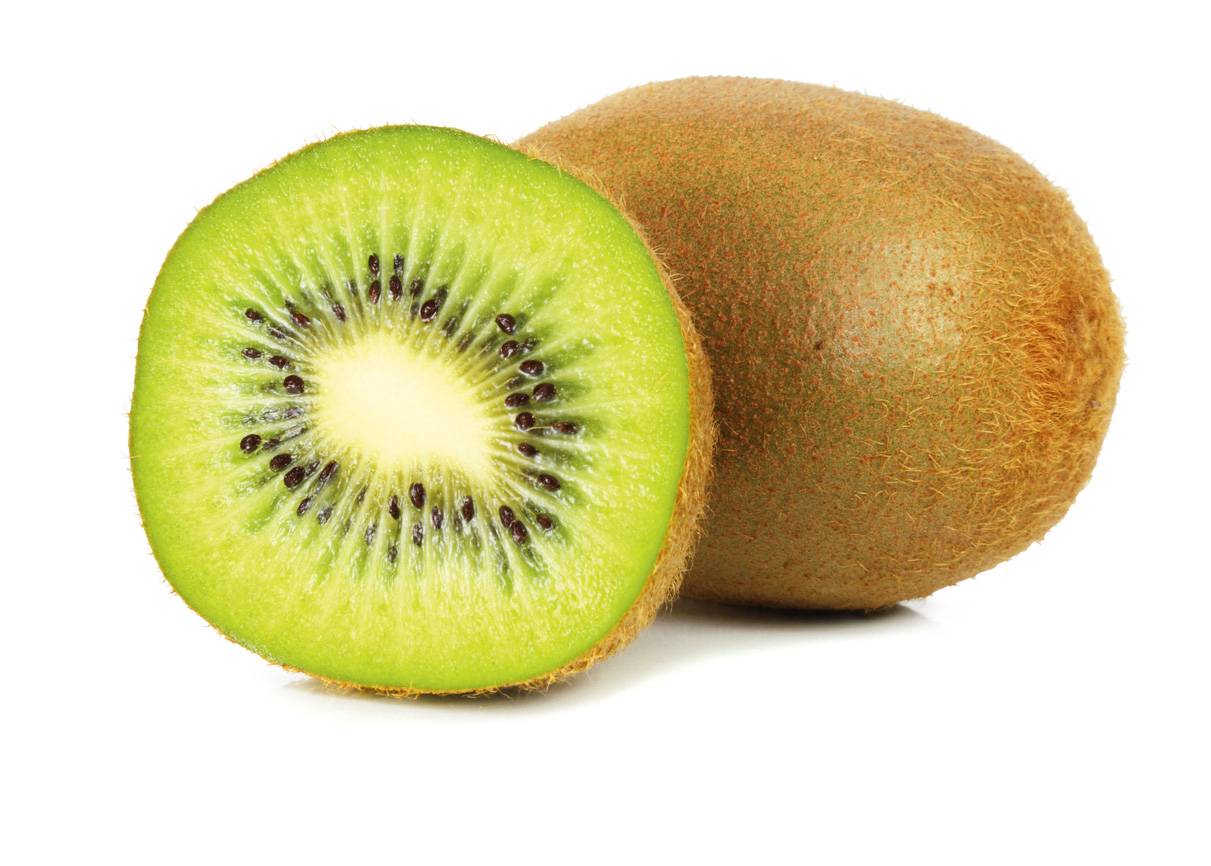Often marketed as a superfood, coconut oil is full of saturated fat
Photo: iStock/anna1311.
Superfoods are often just foods with good PR. Coconut oil, for example, has in recent years been promoted as a health food, even a superfood, that can help you loose weight—even though it contains almost twice as much saturated fat as butter. Science has shown that saturated fat can boost your bad cholesterol and therefore your risk for cardiovascular disease.
In fact, according to a recent CBC News report, coconut oil is almost all saturated fat—of the 14 grams of coconut oil in one tablespoon, 13 are saturated fat; that is, coconut oil is 92.86% saturated fat. It contains two and a half times more saturated fat than lard and over six times more than olive oil. Consume one tablespoon of coconut oil and you’re at 70 per cent of Health Canada’s recommended daily limit for saturated fats.
A CBC Marketplace investigation found that even the lead author of the study that sparked the craze isn’t falling for the hype. Marie-Pierre St-Onge’s 2003 study showed the oil contained a type of fat called medium chain triglycerides (MCTs), known to help overweight people lose weight. The thing is, MCTs make up only 15% of the fats in coconut oil, she told Marketplace.
“I think companies should be responsible in their communication to the public and making sure that a research that’s been done is being translated accurately,” she told CBC. “I would not consume it on a regular basis in large quantities.”
Health Canada suggests that you consume as little saturated fat as possible and recommends sticking to liquid oils such as canola and olive oil. The American Heart Association agrees and recommends canola oil for high-temperature frying, and olive oil for lower-temperature frying.






